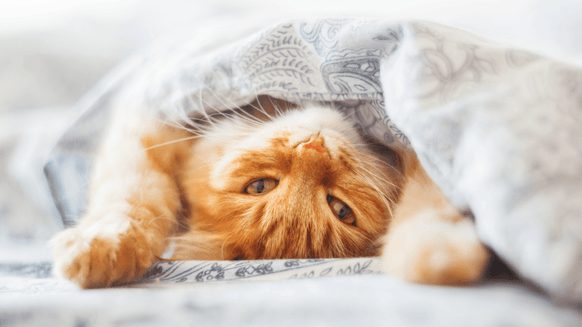What Can Rabbits Eat?

Believe it or not whilst Rabbits do enjoy carrots they aren't part of their main diet! With myths like this how do we know what to feed them! Which begs the question what can rabbits eat? I for one have always thought it was lettuce and carrots. However it isn't very often they'd find these food sources in the wild. So, with this week being Rabbit Awareness Week we thought this is the best time to break down what rabbits eat as part of a balanced diet.
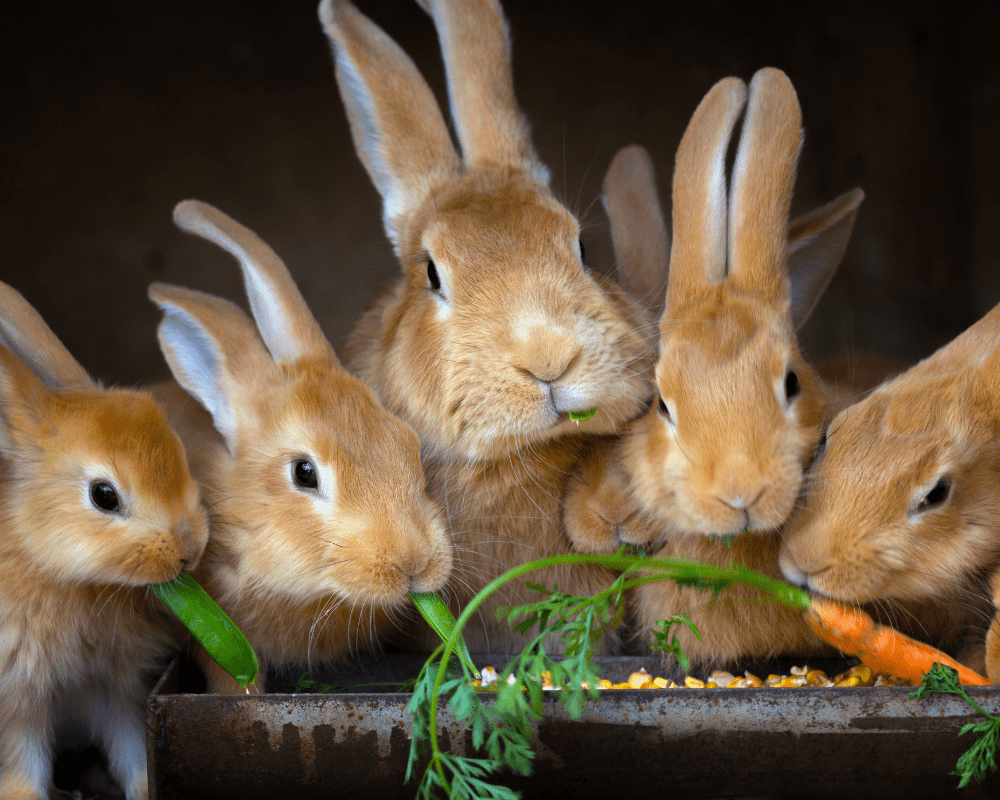
What Rabbits Eat - Myths
We have already unpacked that carrots can be eaten, but not as their main food source. Unlike bugs bunny who ploughs through carrots, they should only be eaten as a treat. This is because carrots and fruits are high in sugar. Therefore similarly to humans their sugar intake needs to be measured. Similarly to carrots, rabbits shouldn't consume too much lettuce. This typically needs more researching, as some such as iceberg contain lactucarium, which can be harmful in large quantitates. Additionally light-coloured varieties are higher in water and therefore don't pack that nutritional punch needed. Darker lettuce is better for your rabbits to eat as it has the most fibre, but introduce this to their diet gradually so not to cause stomach upset.
Finally the most interesting myth is about whether or not rabbits eat shop-bought food as their main source of energy. A solely shop-bought diet should be avoided for your rabbit for many reasons. For one rabbits are quick eaters and shop bought food is eaten quickly meaning they will seemingly eat more when it's provided. Equally in weight gain. They will also eat less hay and grass, which is good for their teeth and boredom.
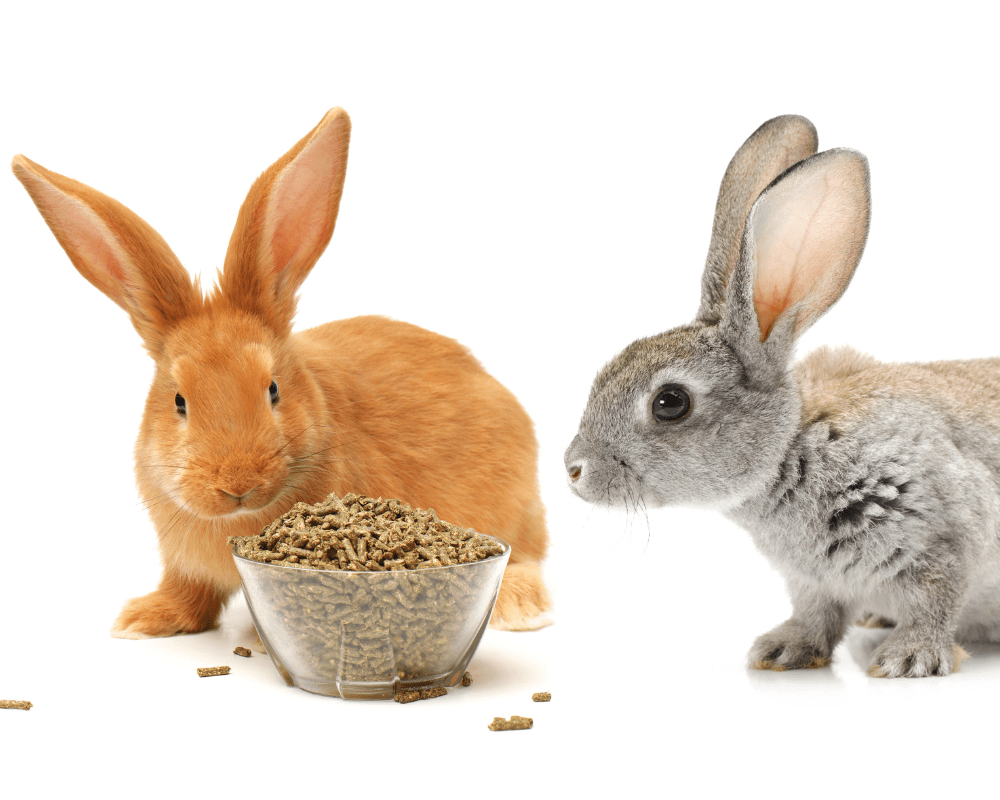
So What Should Rabbits Eat?
The bulk of a rabbits diet should consist of good quality hay or grass. Ensure that the grass is not from fresh lawn clippings, as the moisture can cause it to ferment quickly. Hay is not just a great source of fibre in a rabbits diet it also curbs boredom. They can graze throughout the day, keeping themselves entertained and their teeth healthy. As rabbits teeth continue to grow throughout their life, hay is a great way for them to be worn down naturally. Their are many different variations of hay which your rabbits eat will depend on their age, health and size.
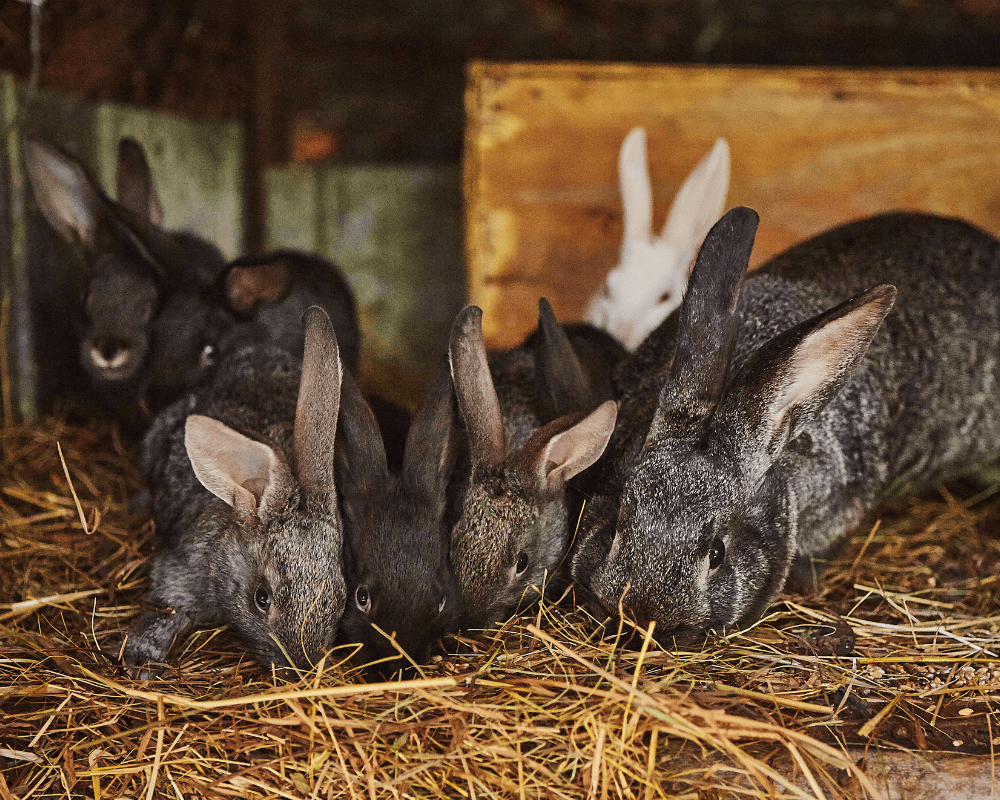
The remainder of their diet should consist of fresh leafy greens, both morning and night. These should be able a handful per day, so half per feeding. To keep your Rabbits happy and engaged then hide this veg between their hay. As Rabbit are natural foragers and they enjoy looking for their food, making feeding time much more interesting for them! You can also hide some shop-bought rabbit food in the hay as a treat for them to rustle out. When integrating this into their diet it's important you never give more than two tablespoons worth. Try starting them on one so to keep their stomach in check.
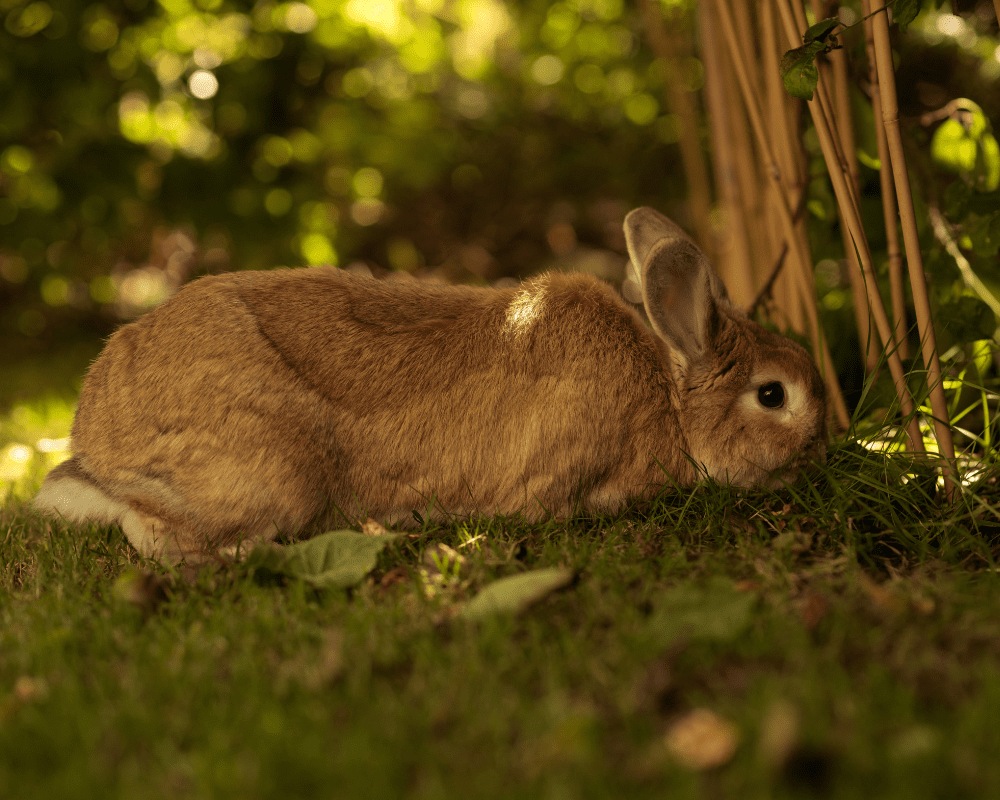
Finally hydration - just like any animal or humans, hydration is key! Ensure that your rabbit has a constant source of fresh water to keep them hydrated at all times!
How Much Should Your Rabbit Eat?
Now that we have established that the bases of a good diet for a rabbit will be good quality hay or grass, lets consider how much they should be eating. For them to have a balanced diet it's important that they have a constant supply of hay. How much is dependent on the size of your rabbit. It's suggested that rabbits should have at least the size of itself worth of hay, but this is up to your judgement. Since chewing hay is good for your rabbits cognitive development, and diet just keep an eye on the quantity they are having.
Different Hays Your Rabbits Can Eat
We have discussed the different benefits of your rabbit eating hay, but knowing which hay is the best can be daunting and confusing. Which is why we have broken it down for you, with our top six, and their pros & cons.
Timothy Hay
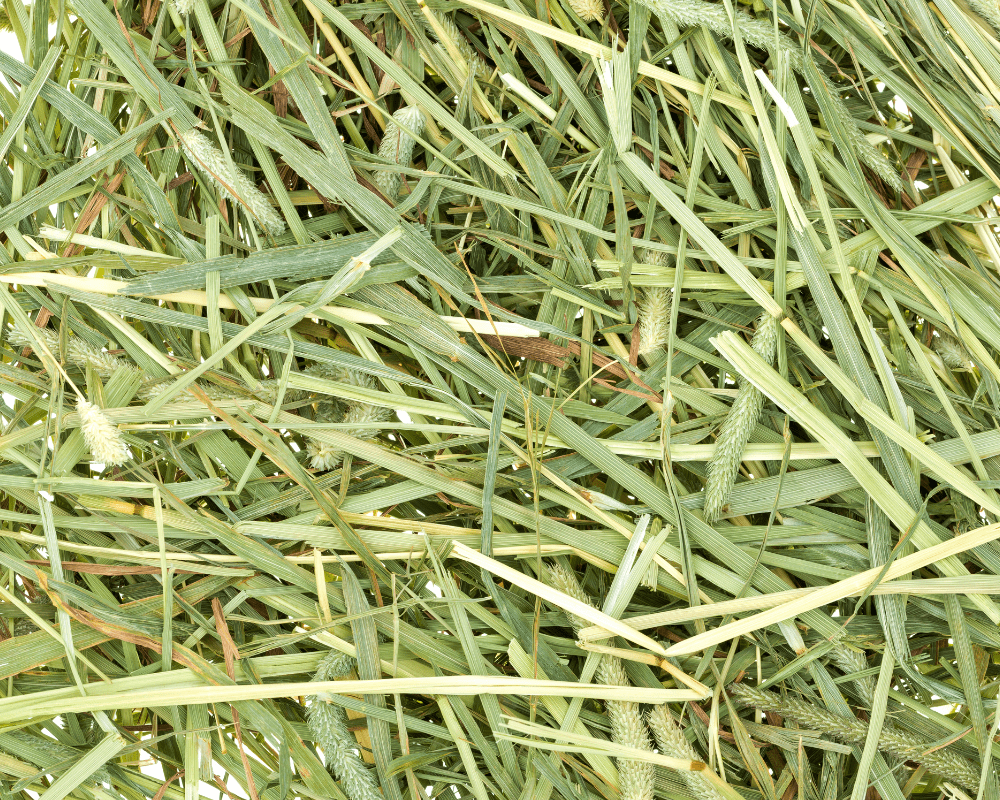
Pros
- Ideal For Adults
- Provides Protein And Fibre
- Affordable
- Less Calcium Prevents Urinary Stones
Cons
- Not Enough Nutrients For Bunnies
Alfalfa Hay
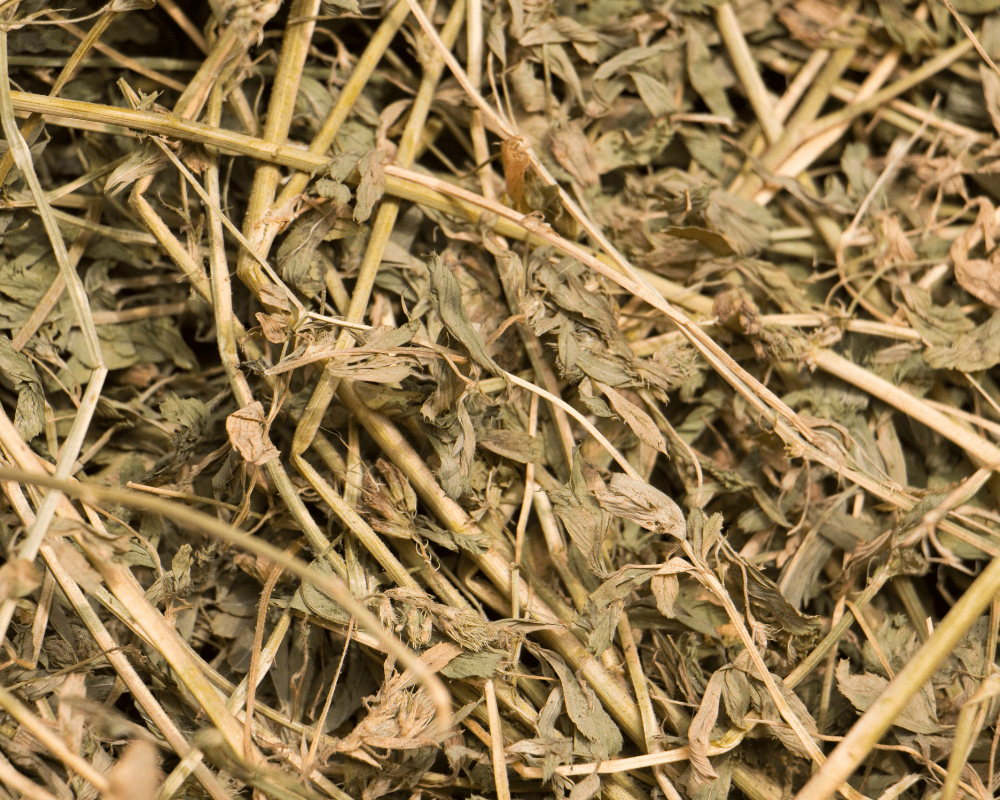
Pros
- High In Minerals
- High In Protein
- Ideal Up To Six Months Of Age
- Essential For A Growing Bunny
Cons
- Too Rich For Adult Rabbits
- High Calcium Content Cause Urinary Stones
Orchard Grass Hay
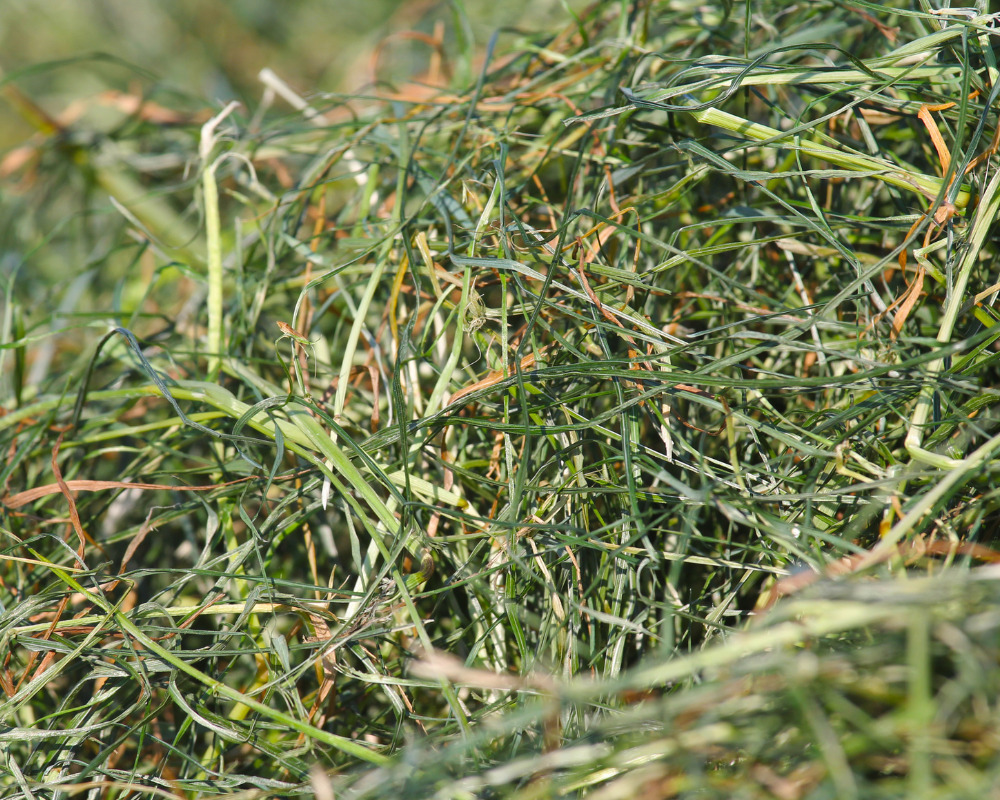
Pros
- Soft Texture
- High In Fibre
- Low In Protein
- Affordable
- Healthy Addition To Blends
Cons
- Can Be Pricey
- High In Sugar
Meadow Hay
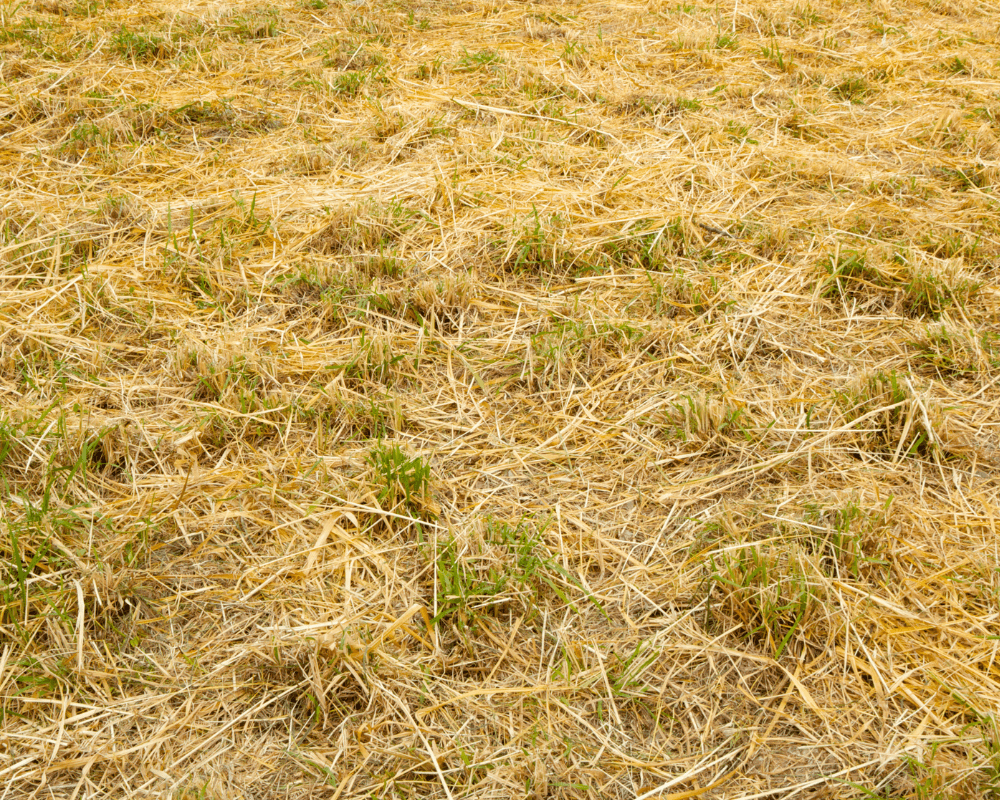
Pros
- Affordable
- Variety Of Textures And Flavours
Cons
- Can Include Other Plants And Debris
- Varying Mineral and Fibre Content
Oat Hay
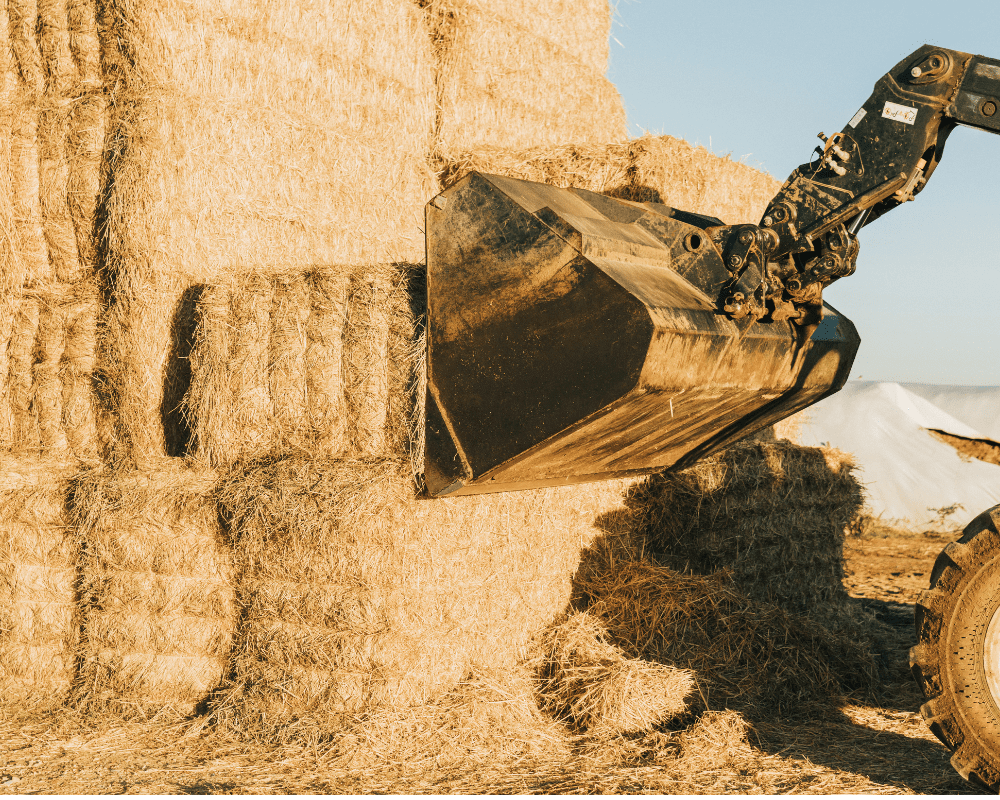
Pros
- Rich In Vitamins, Minerals And Fibre
- Low In Protein
- Crunchy Seed Heads
- Great To Blend With Other Hays
Cons
- Pricier If Not Blended
Herbal Hay
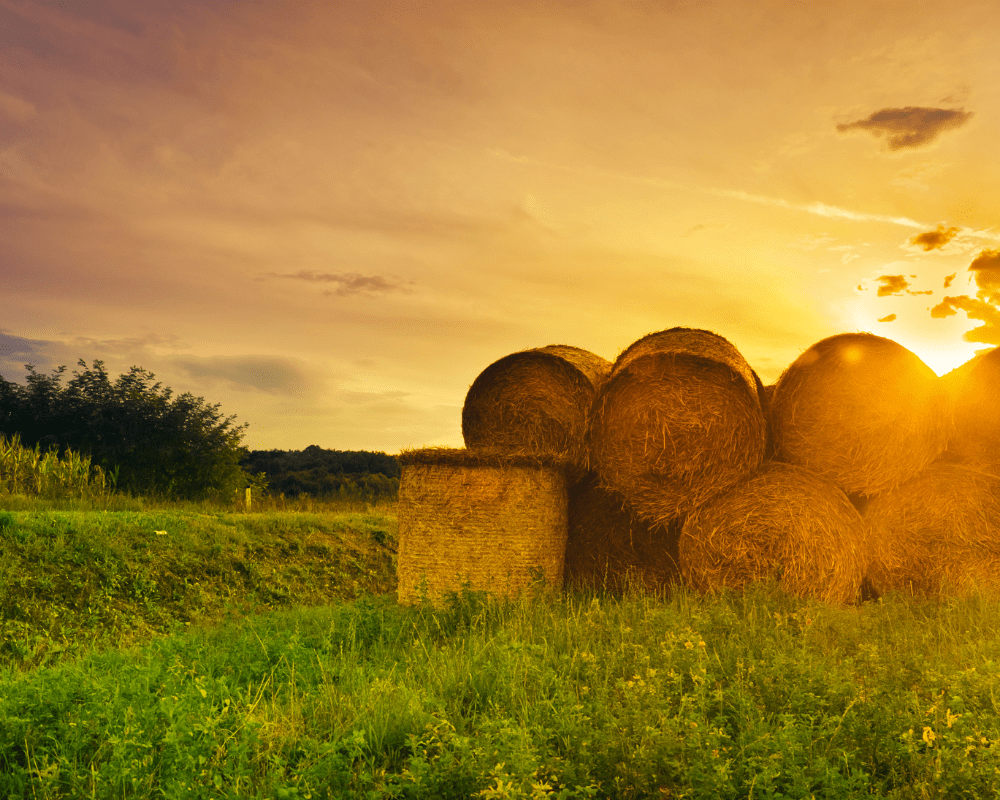
Pros
- Provide Forage Variety
- Essential Vitamins And Nutrients
- Add Flavour And Texture
- Provide Remedy To Ailments
- Affordable Depending On Hay Base
Cons
- Some Herbs Not Suitable For Rabbits
- Natural Foraging Is Ideal
Find Out More About Rabbits And Caring For Them Here!



